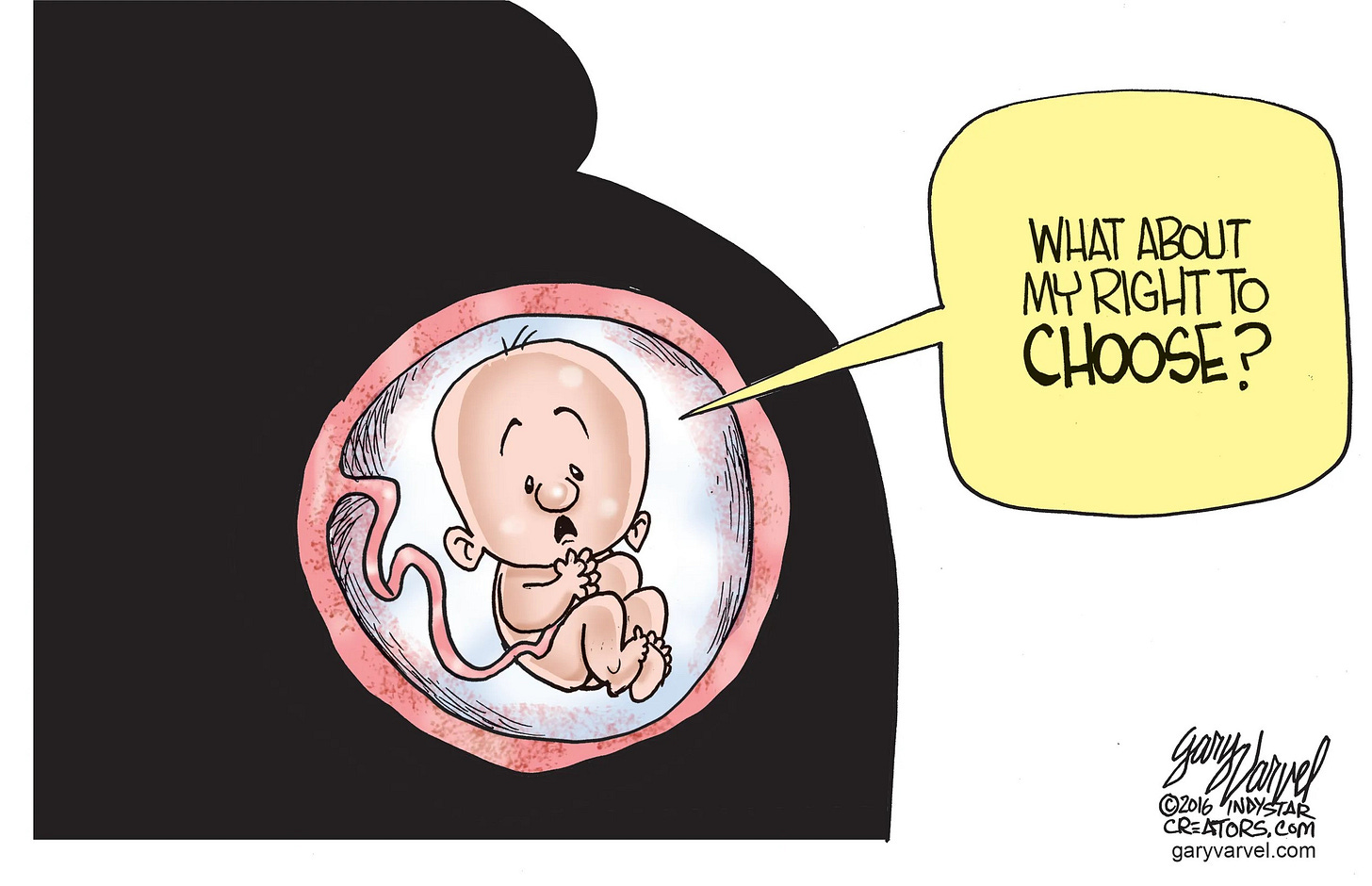Abortion-Loving Depopulation Org writes National Policy for Third World Nation
Sri Lanka falls into genderland – 7
Sri Lanka is en route to enacting two bills named the “Gender Equality Act” and the “Empowerment of Women Act”. Sounds good, like.
Preceding articles have addressed various aspects of these proposed legislation: Part 1 and Part 2 and Part 3 and Part 4 and Part 5. Part 6 explained why the term “gender” is used, and why that bill has is separate from the “women’s” empowerment.
Although there are two acts, there is however a single “National Policy on Gender Equality and Women’s Empowerment” - a policy whose provisions are to be made into law via the Gender Equality Act.
Here, a question is posed as to why this National Policy has been produced with “technical support” of the UNFPA. The UNFPA is the preeminent population control arm of the United Nations, and the UNFPA pays particular attention to the populations of the developing world.
The still extant and never rescinded Kissinger report NSSM-200 which outlines the foreign policy of the USA with respect to diminishing population of the developing world, can be found here. The USA has being a major source of funds for the operation and activities of the UNFPA – initially the United Nations Fund for Population Activities, and now called the UN Population Fund, while retaining its original acronym. More here.
C-Fam reports on the nefarious activities at the United Nations and describes how the UNFPA asserts that attempts to protect family or the life of the unborn child has to be considered as “violence against women”:
Although the UN General Assembly has never endorsed the view that abortion is a human right, the UN’s human rights bodies have repeatedly asserted that it is. Human rights bodies also assert that denying access to abortion is a form of violence against women, or, what they now call “gender-based violence.”
A discussion paper from the United Nations Population Fund (UNFPA) categorizes “targeted surveillance of women’s sexual and reproductive health organizations and services including those procured online (which may include abortion, contraception)” as a form of technology-facilitated gender-based violence.
A previous UNFPA publication from 2021 discussed the role of the state as a potential perpetrator of technology-facilitated gender-based violence, noting that “governments have the capacity to block access to information and services for sexual and reproductive health, such as online abortion and emergency contraception services.”
Read more, here, author Dr Rebecca Oas.
The UN’s agency dedicated to promoting “sexual and reproductive health,” is becoming more brazen in promoting abortion around the world, ignoring international consensus that leaves abortion laws to individual countries, and outsourcing its data collection to radical pro-abortion organizations.
Two years ago, the UN Population Fund (UNFPA) hosted the Nairobi Summit in Kenya to mark the 25th anniversary of the International Conference on Population and Development (ICPD). Unlike the landmark ICPD, whose outcome was hotly debated by UN member governments and produced a compromise document rejecting abortion as an international human right, the Nairobi Summit was a stage-managed affair with no negotiated outcome.
It did result in the Nairobi Summit Statement, which includes reference to “access to abortion to the full extent of the law” and other language that has never been adopted by the General Assembly.
On the second anniversary of the summit, UNFPA published a follow-up report designed to hold countries to account for the commitments made in Nairobi. These commitments were never adopted by consensus, and neither were the indicators by which UNFPA seeks to measure them. For example, the indicator of “abortion laws” is based on data from the Center for Reproductive Rights, a pro-abortion litigation organization whose position on abortion starkly contradicts the UN consensus. With regard to inclusion, UNFPA relied on the pro-LGBT organization ILGA to measure protection of people against hate crimes and incitement.
Nearly 1.2 million girls are killed before and after birth every year, resulting in more than 140 million women and girls now “missing,” mostly Chinese and Indian, according to the report. In contrast to previous years, UNFPA admits that the drive to smaller families—the agency’s mission since the late 1960s—is a primary cause of killings due to sex-selection. The Trump administration pulled funding from the agency because of its complicity in China’s brutal family planning policies.
See the entire article by Susan Yoshihara






Policy here: https://srilanka.unfpa.org/en/publications/national-policy-gender-equality-and-womens-empowerment in English, Sinhala, Tamil